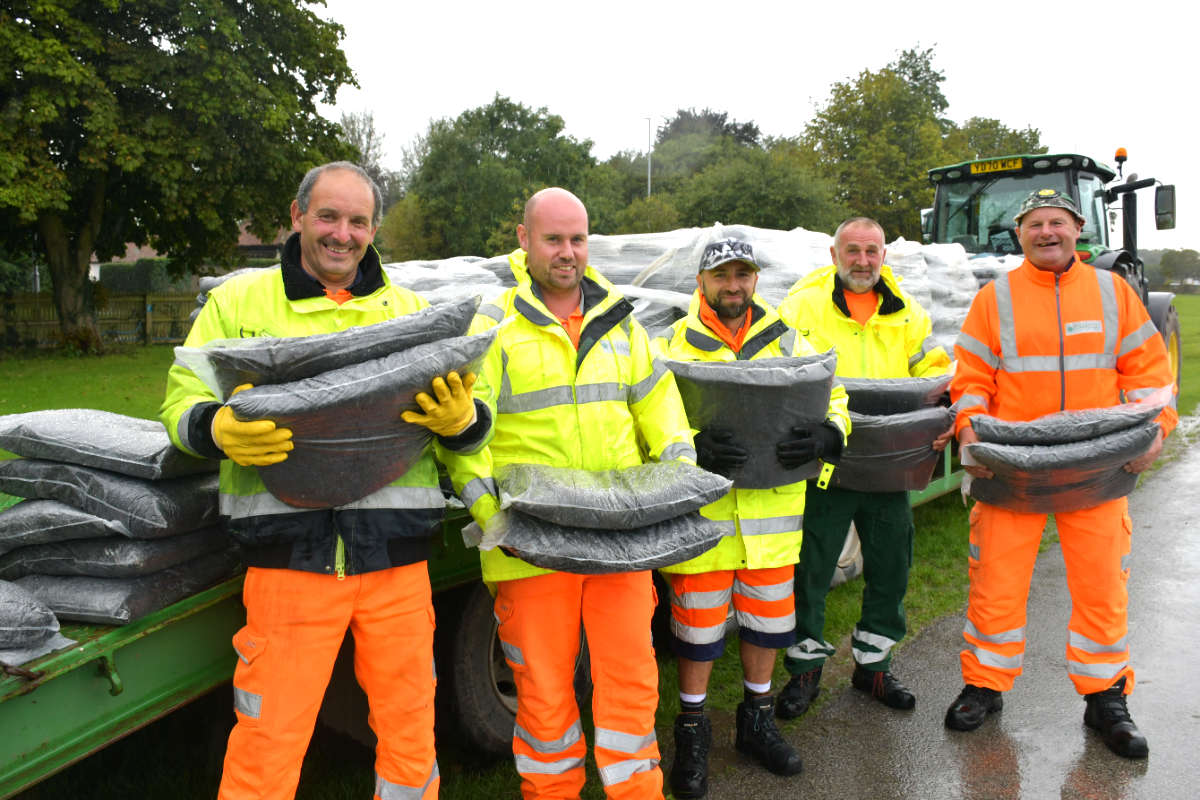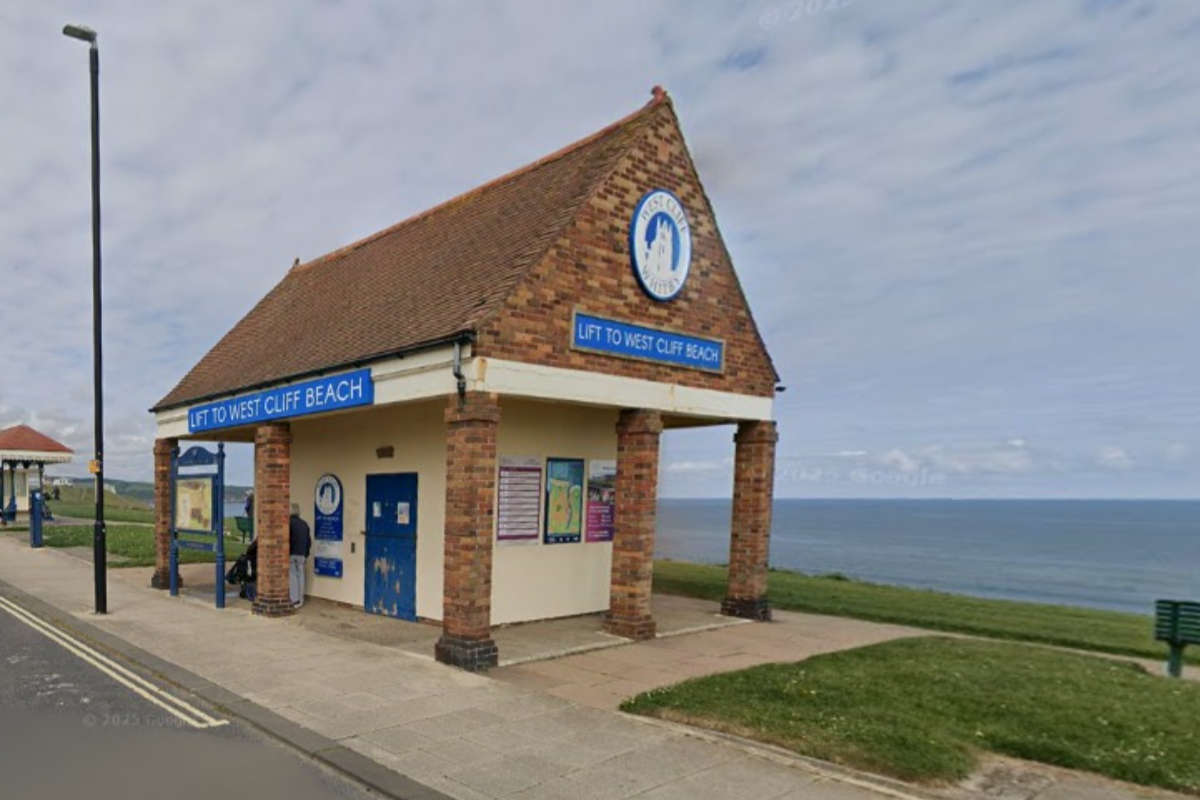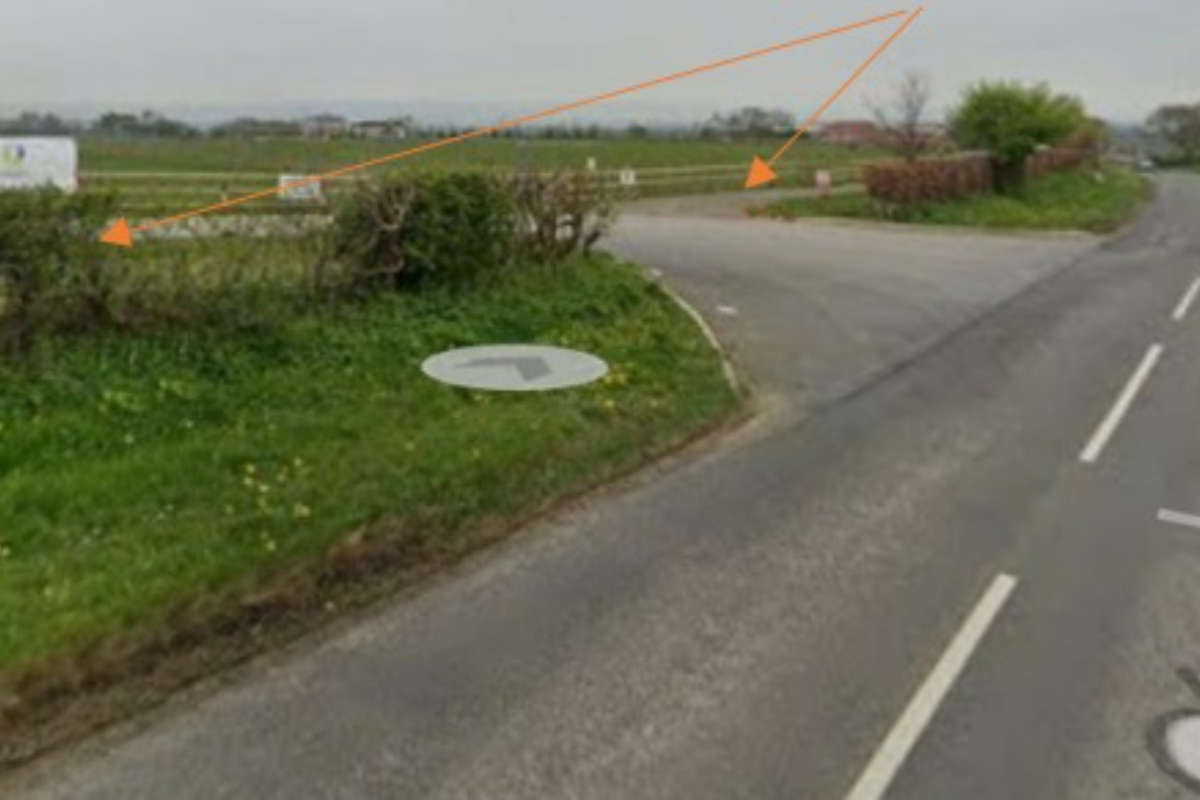
Government Scientist say they don't think the chemical Pyridine was responsible for the mass shellfish mortality event off the Yorkshire Coast last year.
At a select committee hearing this week a team from Newcastle University put forward a theory that dredging in the River Tees had released the chemical from sediment and reported that they had run a series of experiments showing the chemical was deadly to crabs and lobsters.
The DEFRA report into the event concluded that a naturally occurring algal bloom was the most like cause of the marine deaths.
Mark Rice from the Environment Agency says their testing didn't show any unusual levels of Pyridine in the water at the time of the incident.
Dr Rachel Hartnell the Science Director from the Centre for Environment, Fisheries and Aquaculture Science (CEFAS), says they didn't detect the chemical in their testing
The government scientists put the mass mortality event down to a naturally occurring algal bloom which they say caused a lack of oxygen at the seabed - killing the crustaceans.
But, academic researchers from the University of Newcastle say they believe that dredging in the River Tees released a toxic chemical called Pyridine from the seafloor, which killed the crabs and lobsters.
Dr Gary Caldwell from Newcastle University's School of Environmental Science, says experiments have shown that Pyridine could have killed the crustaceans, he's concerned that dredging in the River Tees at the time of the event could have released the chemical from the seabed, he now wants studies to see if there is Pyridine in the River Tees sediment. Dr Caldwell says their research shows that crabs are more susceptible to the chemical than had been previously thought.
- RELATED STORIES : Committee Hears Competing Theories On Yorkshire Coast Shellfish Deaths
- RELATED STORIES : Scarborough Harbours Executive to Ask For Further Study on Shellfish Mortality Event
- RELATED STORIES : Government Says Cause of Yorkshire Coast Shellfish Deaths Not Clear
- RELATED STORIES : Scarborough Borough Council Looking at Shellfish Support




 Deputy North Yorkshire Council Leader: "It's Not Unicorns and Rainbows"
Deputy North Yorkshire Council Leader: "It's Not Unicorns and Rainbows"
 Scarborough and Whitby MP Welcomes Government Intervention in Burniston Gas Rig Proposal
Scarborough and Whitby MP Welcomes Government Intervention in Burniston Gas Rig Proposal
 Second Home Tax Re-Approved At Fiery North Yorkshire Council Meeting
Second Home Tax Re-Approved At Fiery North Yorkshire Council Meeting
 Mayoral Fund For Bridlington Solar Farm
Mayoral Fund For Bridlington Solar Farm
 Scarborough Athletic Back In The Shake Up
Scarborough Athletic Back In The Shake Up
 Return of East Riding Council Offers For Half Term
Return of East Riding Council Offers For Half Term
 Scarborough & Whitby MP Adds Voice To Cliff Lift Debate
Scarborough & Whitby MP Adds Voice To Cliff Lift Debate
 Humberside PCC Hits Back At Home Secretary
Humberside PCC Hits Back At Home Secretary
 Yorkshire Coast Rugby Round-Up: Boro & Brid Defend Top Spots
Yorkshire Coast Rugby Round-Up: Boro & Brid Defend Top Spots
 Zero Mayoral Precept For East Riding
Zero Mayoral Precept For East Riding
 Brid Town Pegged Back After West Yorkshire Late Show
Brid Town Pegged Back After West Yorkshire Late Show
 Neigh Problems For Equine Extension Near Scarborough
Neigh Problems For Equine Extension Near Scarborough








Comments
Add a comment